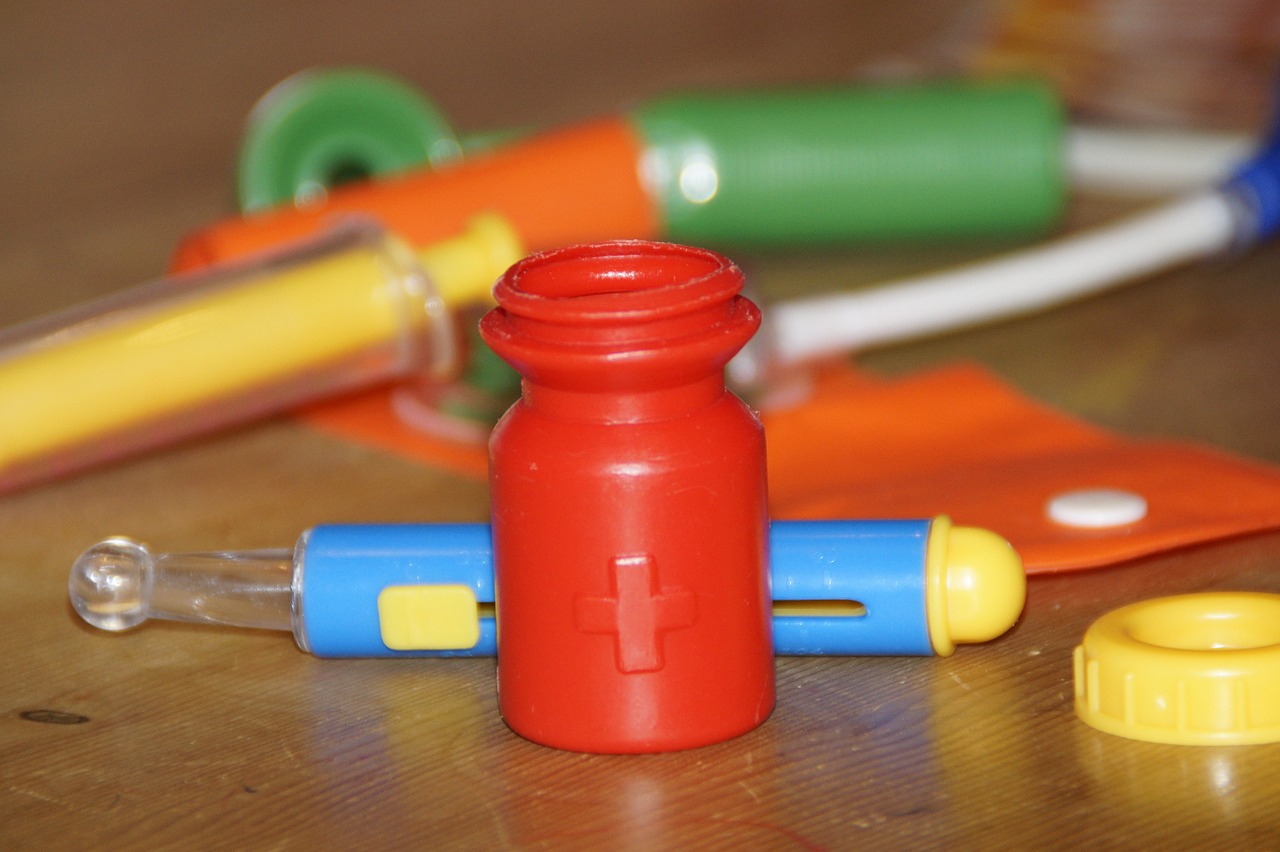#AD. This article has been provided and paid for by wellemements.com.
No one likes to see their child sick and suffering. If your child is exhibiting certain symptoms, you may be wondering if it is a cold or the flu. Many of the symptoms can be similar, which makes it more difficult to know how to treat the illness. Although giving your child an immune booster during cold and flu season can help ward off sickness, there will be times when your child does not feel well. When this occurs, it helps to know how to reduce the symptoms and get your child feeling better quickly.
What Makes the Flu Different from the Common Cold?
First of all, some people think that the cold and flu occur mostly during the fall and winter months. However, this is not the case. Although winter is an extremely common time for these illnesses, spring is also a time when many people get sick. However, people can get sick at any time of the year, and it is more common when temperatures change, although that is not the only factor.
Both the flu and common cold are respiratory illnesses, although they are caused by different viruses.
Common symptoms experienced with the flu include:
- Body aches
- Fever
- Fatigue
- Headache
- Cough
- Chest discomfort
- Chills
A child with the flu may sometimes also experience a sore throat or stuffy nose.

The common symptoms of a cold include:
- Cough
- Sneezing
- Stuffy nose
- Sore throat
- Fatigue
Some of the obvious symptom differentiators between the two illnesses are fever, headache, and chills, which occur most commonly with the flu. Another way to tell the differences is the onset of symptoms. With the flu, the onset is sudden, so if your child feels fine one moment and not very well the next, it is very likely the flu. With a cold, on the other hand, the symptoms come on more gradually. The severity of symptoms also varies. The use of a best immune booster for babies may reduce the severity.
How To Treat Your Child’s Cold or Flu Symptoms
Once you determine which illness your child has, it is easier to decide how to treat the symptoms. Although both illnesses do usually go away on their own, you may want to treat certain symptoms so your child is not so miserable. There are over the counter meds for cold and flu symptoms, but many are not suitable for children, especially younger ones. Plus, they all have unwanted side effects, so it is best to use natural remedies.
For a cough, elderberry syrup for kids is a good option. Good ole chicken soup made from scratch with organic ingredients has been shown to reduce upper respiratory symptoms, plus it helps hydrate, which is important.
Raw ginger boiled in water can sooth a sore throat, cough, and nausea. Honey and lemon tea also helps with coughs and sore throats. Increasing the child’s intake of vitamin C, vitamin D, zinc, and echinacea will also help. Other things to reduce symptoms include steam, salt water gargle, warm baths, and essential oils.



